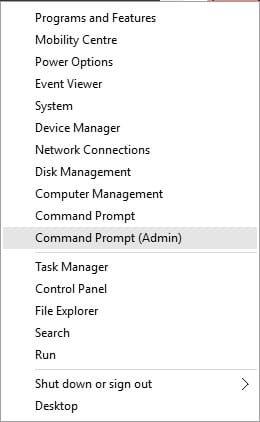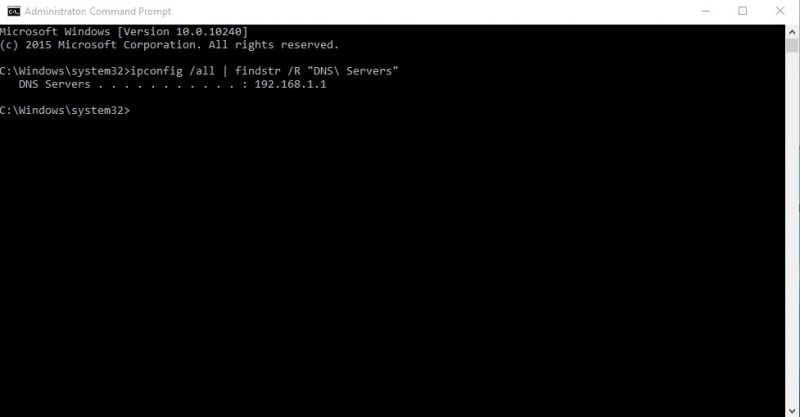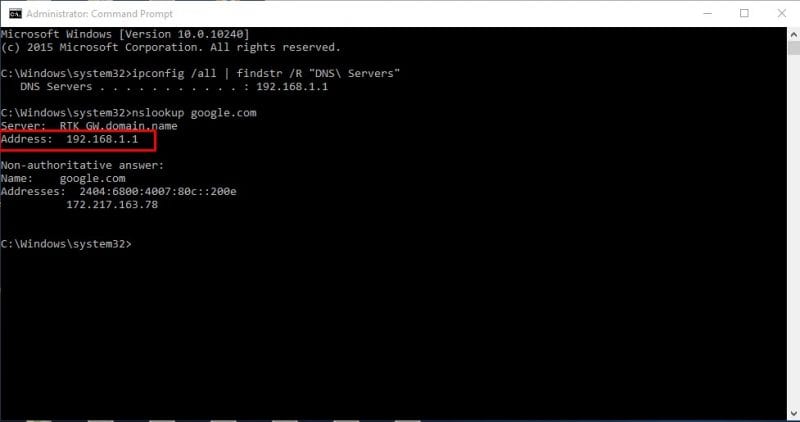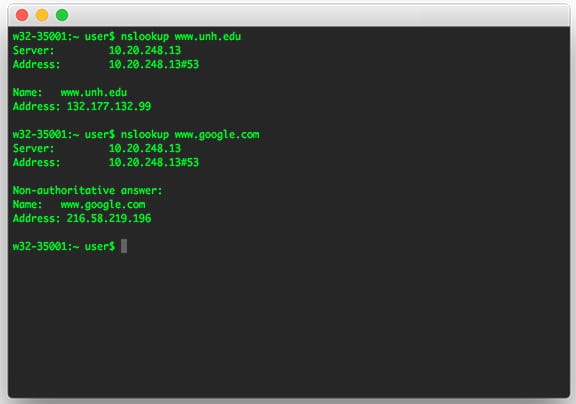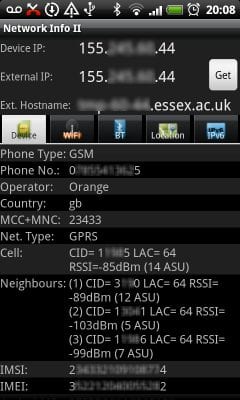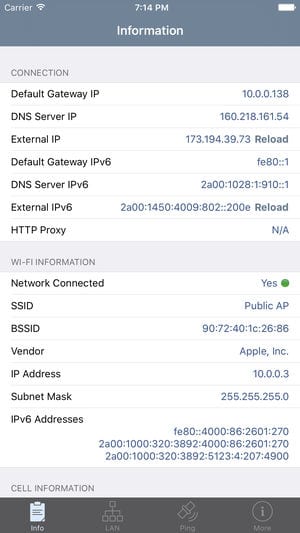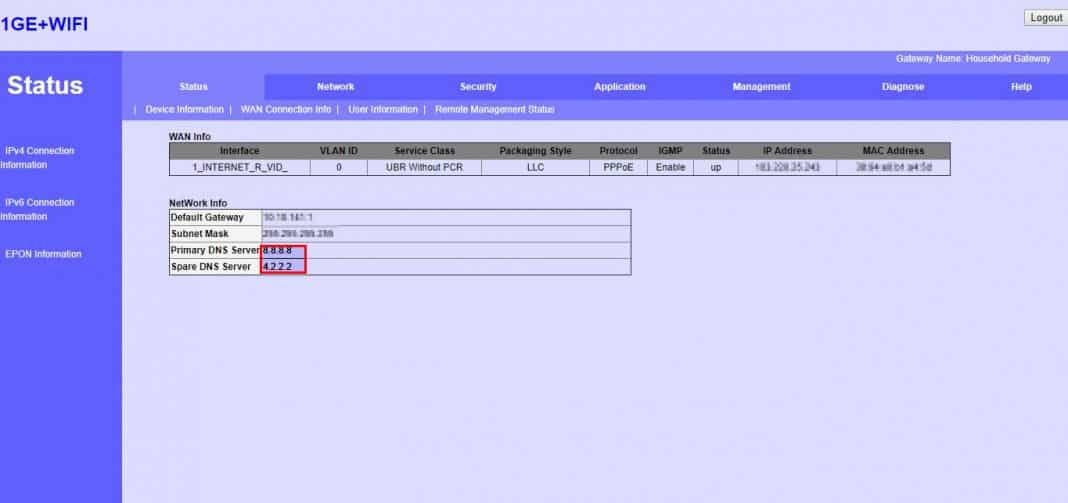Domain Name System, which we call DNS, is an important process that matches the domain names to their correct IP Address. It’s a very important system; with the help of DNS, we can see different web pages on our web browser.
What Is DNS?
Let’s make things simple and try to understand what DNS is. In simple words, DNS is a database consisting of different domain names and IP addresses. Whenever a user enters domain names like Google.com or Yahoo.com, the DNS servers look at the IP addresses associated with the domains. After matching with the IP Address, it comments on the web server of the visiting site. However, DNS servers were not always stable, especially the ones assigned by the ISPs. That’s the most probable reason behind the DNS errors we see while browsing different websites.
What About Custom DNS?
Well, if you are using the default DNS servers of your ISP, then most probably, you would face DNS-related errors at regular intervals. Some common DNS errors include – DNS Lookup Failed, DNS Server Not Responding, DNS_Probe_Finished_Nxdomain, etc. Almost every DNS-related issue could be solved by choosing a custom DNS. There are many Public DNS servers available out there that you can use, like Google DNS, OpenDNS, etc. We have also shared a detailed guide on Switch To Google DNS, which you can consider. However, before switching the DNS server, it’s always best to note down the current DNS server. So, below, we have discussed a few methods that will help you check the DNS you are using.
What DNS Am I Using?
Well, there are multiple methods to check what DNS you are using. Below, we have listed some of the best methods to help you check your Windows DNS. So, make sure to follow the guide carefully, as we will be using CMD to find DNS.
Check DNS On Windows
To check the DNS server you are using on Windows, you need to use CMD. Right-click on the Start Button and then choose ‘Command Prompt (Admin)’.
Now on the Command Prompt, you need to enter the following command ipconfig /all | findstr /R “DNS\ Servers”
This command will list the current DNS server that you are using. You can also use the other method to know the DNS server on Windows. For that, you need to enter the following command given below. nslookup google.com
Well, you can use any website domain instead of Google.com. The command will list the current DNS server. So, these are the two CMD commands to know DNS on a Windows computer.
What DNS am I Using? Mac & Linux
Well, on Mac and & Linux-based computers, you need to enter the same CMD command to know what DNS server you are using. Simply enter the command given below to do nslookup on any website. nslookup google.com
Again, you can replace Google.com with any website of your choice. So, this is how you can check the DNS server on Mac & Linux computers.
Check DNS Server On Android
When checking DNS Server on Android, we got plenty of Network scanner apps on the Google Play Store. You can use any network scanner app on Android to know what DNS Server your Android is using. In addition, you can use free apps like Network Info II, which doesn’t show any ads.
On Network Info II, you must look at the WiFi tab and then check the DNS1 And DNS2 entries. These are the DNS addresses your phone is using.
What DNS am I using? iPhone
Like Android, iOS has numerous network scanner apps to find the DNS Server. One of the popular network scanner apps for iOS is known as Network Analyser. Network Analyzer for iOS provides plenty of useful information about your WiFi network.
So, on iOS, you can use Network Analyzer and then look at the ‘DNS Server IP’.
Check the DNS Server Of the Router
Well, for those who don’t know, the router uses the DNS Server, which is assigned by the ISP. However, that can be changed by following the guidelines given in this article. In case if you want to know what DNS server your router is using, head to the router’s IP Address (192.168.1.1 or 192.168.0.1) and log in with the username and password.
Now you will see the Router homepage. Depending on the router mode, you must check the Wireless Network or Network tab. There you will find the options for DNS 1 and DNS 2 entries. If you wish to change, you can update the new DNS address there.
Best Free Public DNS Servers
Your ISP provides you with a default DNS server, which often leads to various web errors. In addition, the ISP-assigned DNS servers also lead to slow internet speed. Hence, if you want better speed and better security, switching to public DNS servers is recommended. Many free public DNS servers are available out there that provide better browsing speed and security. Some free public DNS servers can even unblock blocked content on the web.
How To Change DNS Servers on Windows and Android?
We have shared a detailed guide on how to change DNS servers on Windows 10 computers. If you are using a Windows operating system, read our article – How To Change Default DNS To Google DNS For Faster Internet. For Android users, we recommend this article – 10 Best DNS Changer Apps For Android. In this article, we have shared a few best Android apps to change the DNS server on Android. That’s it; you are done! This is how you can find out what DNS server you are using. I hope this article helped you! Share it with your friends also.
